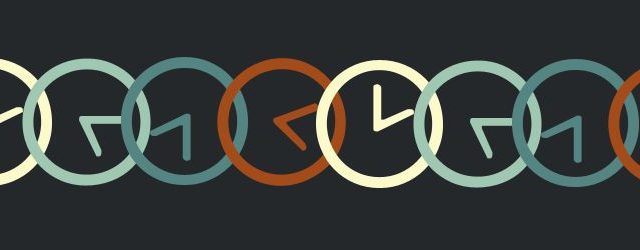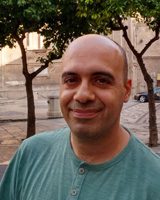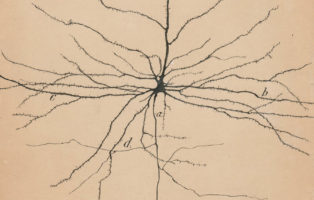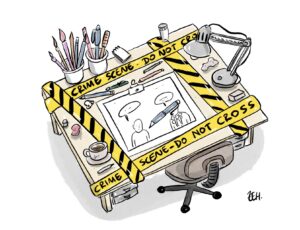
CREATIME. The Spatial Cognition of Time: Creativity, Culture, Communication
NIAS Seminar
About the Seminar
Complex concepts, such as time, are often based on others that are more directly experienced, such as motion (“Saturday is approaching”). How are those conceptual patterns interiorized and re-used across different contexts and modalities? What can this tell us about the human mind, especially about creativity and the imagination?
My proposal is that the process for integrating conceptual structure and information from different modalities is more complex, creative, and flexible than what current theories of grounding, embodiment, or metaphor suggest. The CREATIME project seeks to expose the intricacy of the patterns and their imaginative adaptation for both everyday and aesthetic goals, in scripted and unscripted communicative acts, and through conventional as well as novel expressions. To study what people actually do in the rich contexts we all live in, a team from the universities of Murcia, Navarra, Lancaster, Geneva, and Neuchâtel compares big data from speech, gesture, poetry, and film.
Gesture and speech studies are carried out within the Red Hen Lab, an international consortium for research into multimodal communication. In Red Hen we are developing the NewsScape repository of Television News, curated by the Library of the University of California Los Angeles. NewsScape contains over 400000 hours of recorded TV news in English, Spanish, and other languages (with about 150 hours being captured daily in nodes around the world), alongside over 4 billion words of time-stamped close captioning, synchronized with the video. We use these tools for quantitative studies of verbal and gestural patterns associated with the expression of time in authentic, highly spontaneous acts of predominantly oral, largely unscripted communication.
For written or highly scripted communication we extract figurative expressions of time from an electronic corpus that we are building, which contains hundreds of poetic works in English, Spanish, and modern Greek, with other literatures forthcoming. We are also studying a corpus of dozens of cinema flashbacks from practically all periods of film history.
The talk will show converging evidence from all these datasets supporting the hypothesis that time is not merely grounded on spatial information, but emerges from an intricate, goal-oriented process of conceptual integration. This process builds on flexible and adaptive cognitive recipes for connecting and blending concepts, which are learned and transmitted culturally. In this model, the cultural know-how about how the recipe can be used becomes an integral part of the pattern itself.
About NIAS Seminars
NIAS Seminars are aimed to stimulate scientific cross-pollination within the NIAS academic community, but seminars are open to others who are interested. Please let us know if you wish to attend.


